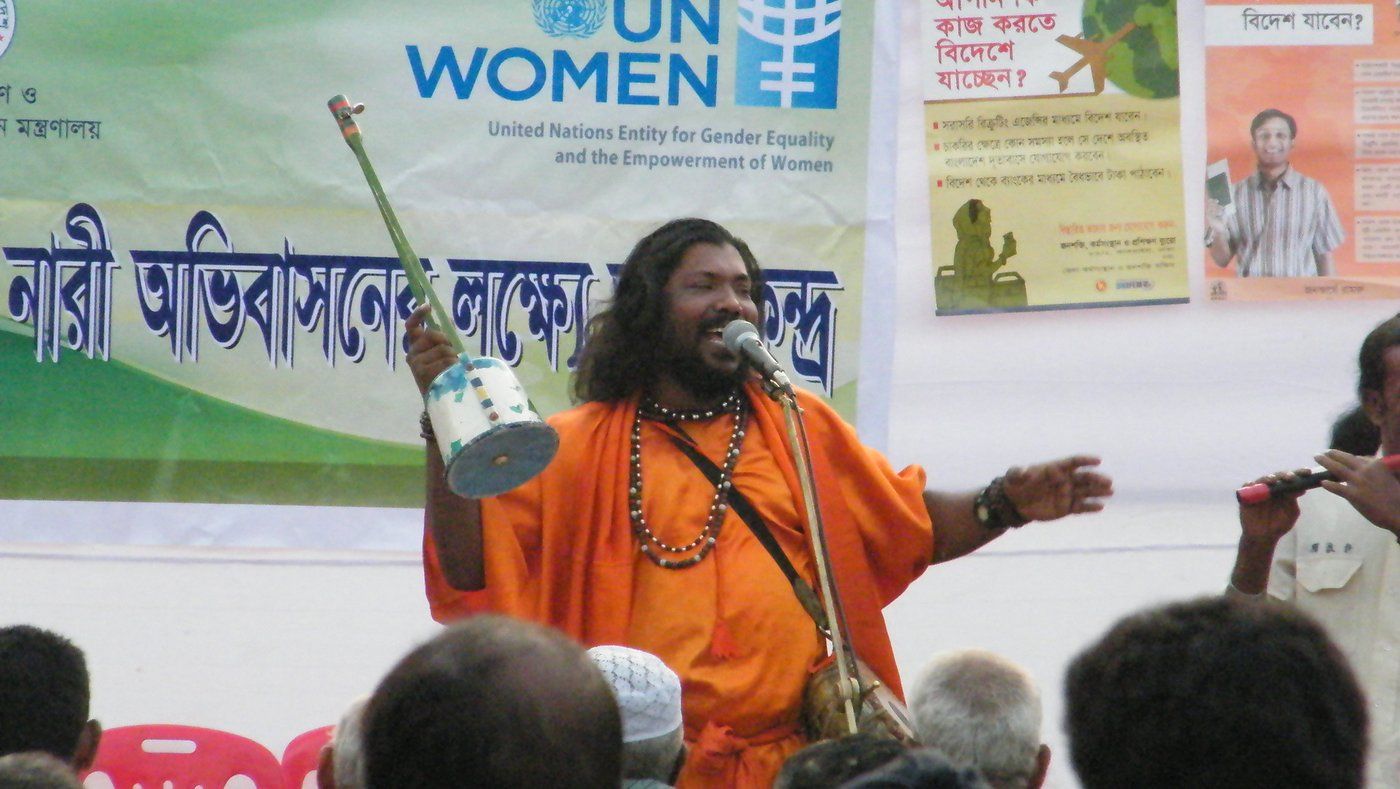What till recently was a historically important piece of real estate on Dhaka’s urbanscape now lies in ruins — and buried under the rubble is a part of Bangladesh’s cultural ethos deeply linked to India.
The razing of Bangladesh founder Sheikh Mujibur Rahman’s house in Dhaka’s Dhanmondi neighborhood by hordes of college and university students on February 5 and 6 achieved two purposes: it wiped out a part of the people’s liberation struggle – many key decisions related to the fight against the Pakistani army of the day were taken there – and severed a vital cultural link between Bangladesh and India.
In forced exile somewhere in or near Delhi, Bangladesh’s ousted Prime Minister Sheikh Hasina, Mujibur Rahman’s 77-year-old daughter, was quite matter-of-fact about the destruction of the house (which was turned into a museum in 1994) where her father was assassinated by a clique of army officers on August 15, 1975. But she exuded confidence that the “spirit of liberation” would live on.
In the immediate aftermath of Sheikh Hasina’s flight to India in August 2024, New Delhi acted with speed to suspend issuing visas to Bangladeshis.
Initially, Indian missions in Bangladesh stopped issuing visas to medical patients. As a consequence, multi-speciality hospitals in Kolkata had no Bangladeshi patients. This changed somewhat in the ensuing months even as patient in-flow became a trickle.
The non-issuance of visas had two immediate consequences. The Shyamali brand of buses stopped plying between Kolkata and Dhaka; so did the Maitreyee, Bandhan and Mitali train services.
The hundreds of thousands of Bangladeshis, who otherwise enjoyed their visits to Kolkata for shopping, were left high and dry. Kolkata’s New Market-Free School Street-Marquis Street areas, dotted with Bangladeshi restaurants (such as Kasturi and Randhuni) that served Purba Bangiya (East Bengali) cuisine, had few foreign patrons even three months after the cataclysmic events of August 5, 2024. Garment stores had few customers. Business, driven by the flow of people, suffered.
Divide among people
Cross-border visits of Rabindra Sangeet and Nazrul Geeti exponents, poets and theatre personalities stopped. This was the first time in 28 years when an exclusive Bangladesh stall was not put up at the Kolkata Book Fair.
Last August’s events served to sharpen the divide among people of both sides. Suddenly, the mutual warmth of pre-August 2024 days gave way to mutual suspicions and wariness as political rhetoric on both sides of the border appeared to strike a blow to “people-to-people” ties.
India-Bangladesh ties reflected a reimagining of celebrated West Bengali writer Sunil Gangopadhyay’s fictional novel, Purba Paschim (East West), which essentially tells the story of two friends – Pratap, a Hindu and Mamun, a Muslim – growing distant in the years after Partition.
Political developments on both sides of the border over the past 10 years or so have contributed to the hiatus between the two Bengals. Sheikh Hasina’s domestic detractors have blamed her unrelenting pro-Indian government stance for the rise of anti-India Islamist forces in Bangladesh. On the other hand, the growth of Islamist forces, especially after the August 5, 2024, events are said to have strengthened rightist groups in India. These are not mutually exclusive phenomena. They feed off each other.
Anti-India sentiments in Bangladesh boiled over last year soon after the January 7 fraudulent elections. Bangladeshis of most political persuasions lent their support to an “India Out” campaign that found expression on social media. This should have been warning enough of the flash point moment, which was inexplicably ignored by political leaders on both sides. And when disaster struck Hasina, the Indian political establishment had little or no means to gauge, let alone handle, the emergent situation.
Rise of Islamists
The Indian establishment can only watch in dismay the slipping away of Bangladesh towards a decidedly Islamist way. While Islamist groups like the Hizbut Tehrir, the Jamaat-e-Islami and the Hefazat-e-Islam still constitute a minority proportion of Bangladesh’s population, they are fast gaining ground and legitimacy.
This has become ‘visible’ in the form of open display of flags with Arabic messages even as more and more youth from madrassas (Islamic seminaries) are feeling emboldened to be part of political rallies, demonstrations and violent acts on Dhaka’s roads.
Bangladesh’s syncretic cultural ethos and its sufi social bases came under attack after August 2024. Weeks after Hasina fled, a chorus arose in Bangladesh to do away with Amar Sonar Bangla, the Rabindranath Tagore-scripted national anthem, and the national flag.
On August 7 last year, a mob attacked the home of Rahul Ananda, the lead singer of the Joler Gaan folk band, before setting an estimated 3,000 musical instruments on fire. Less than two weeks later, the Muslims of Chiksa village of Tahirpur sub-district in Sunamganj district banned music at weddings, birthdays and other social events.
In September, the Muhammad Yunus-led interim government instructed Hindus to avoid playing musical instruments during Durga Puja celebrations. There were several instances of attacks against Hindus and Chakma tribals living in the Chittagong Hill Tracts.
There is no knowing when political relations between Bangladesh and India will return to normal. Bangladesh-India ties have often been described as “civilizational” and it is said that the organic links transcend all political and religious differences. The tragedies of Partition and the 1971 war are defined by common memories of loss.
The unfortunate events following the fall of Sheikh Hasina’s government let loose a chain of events and forces that are seemingly uncontrollable, at least for now. Wounds, imagined or otherwise, have opened in Bangladesh and India. The prevailing atmosphere is fractious and hostile, especially as a consequence of rising majoritarianism on both sides of the border. Given that such hostility will probably continue for a while, cultural relations between the two countries will remain frozen for some time to come.
(The author is an Associate Professor at the Jindal Global Law School, O.P. Jindal Global University, Sonipat, Haryana. This article was originally published under Creative Commons by 360info)

